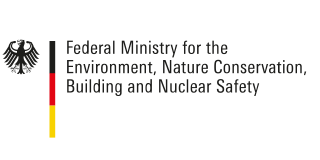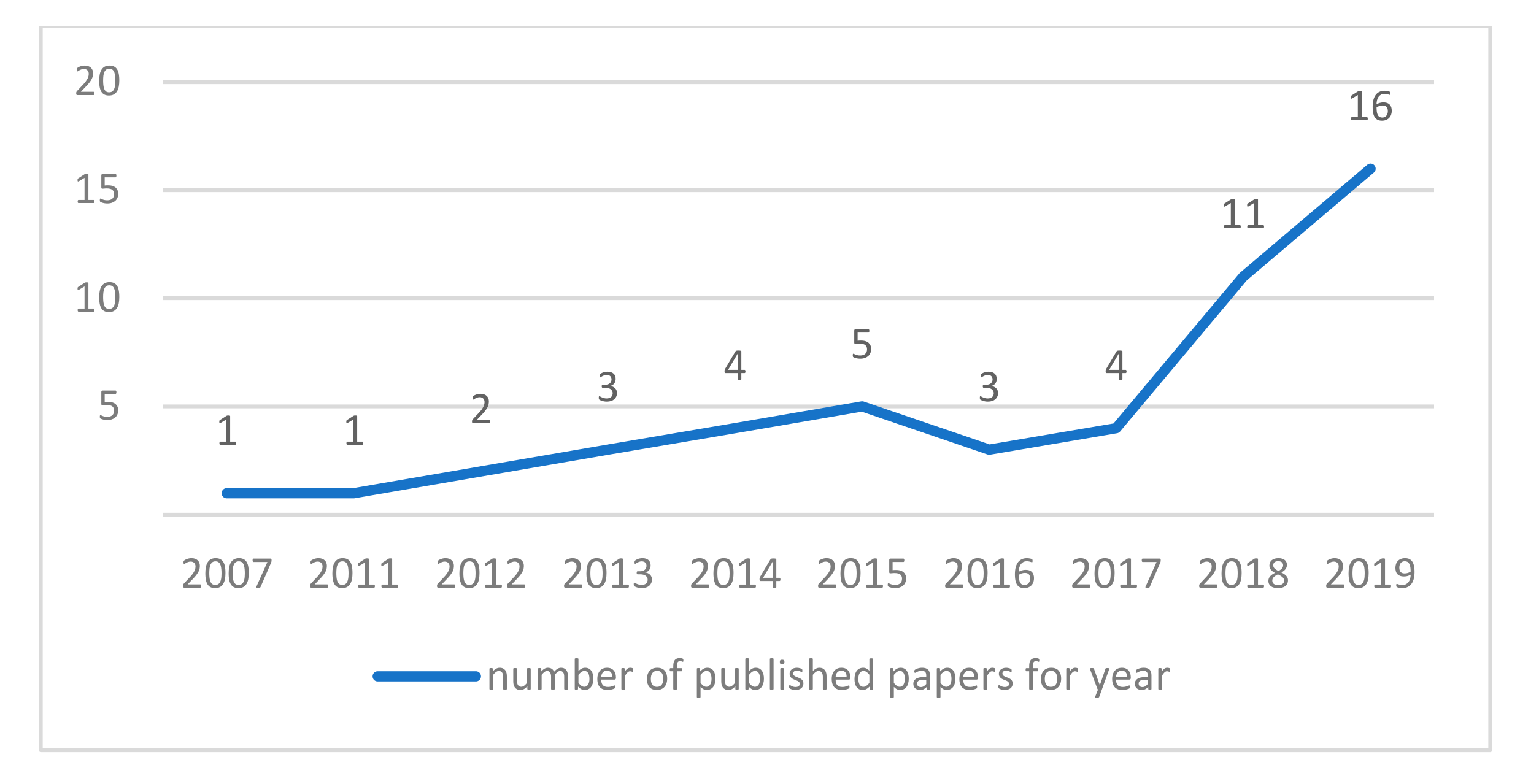



In terms of the scale of this resource use and environmental degradation, the contributions of buildings, and the built environment to global totals are significant. Since the oil crises in the 1970s, a significant concern within building design and operation has been to limit the need for operational energy and hence the demand for oil-based heating and electricity. You can order it from RFF or buy the hardback or paperback edition from .įor those of you familiar with this old book, to give some perspective, the new textbook has condensed nearly all of the old book's content into parts of 3 chapters.By: Morteza Nikravan, Water & Environment Specialist, EDGE Expert Our book on the theory and method of EIO-LCA was released in early April 2006, published by Resources for the Future (RFF) Press (including a low-cost paperback edition). We may also make print-on-demand versions of the book available. We also expect to make periodic revisions and updates based on ongoing feedback from instructors (the digital nature of the book will make this easy). Everything should be quite easy to find - email Scott Matthews if you have suggestions or problems.ĭraft versions of book chapters have been road-tested in several courses at universities across the US and Canada in 20, and feedback from these courses has led to significant improvements in the book. There are folders for "PDF files of individual chapters", e-resources mentioned in each chapter, and Lecture Notes. All of the current digital resources anticipated with the textbook can be found at the site is little more than a pointer to a web folder on box.com for now but will soon have its own home page and directory). The textbook is augmented with a significant amount of web-based resources like presentation files, spreadsheet examples, Matlab code, etc. Hendrickson, and Deanna Matthews of Carnegie Mellon University. The book uses Excel, Matlab, SimaPro, and OpenLCA for demonstrations of managing data and building models. There are also running examples throughout the book that are cross-referenced and cumulatively improved throughout the book. It is very much a textbook - it contains learning objectives, chapter summaries, and (drum roll.) homework questions in each chapter. The emphasis on this book is on building quantitative models. Graduate-specific content is added to ends of chapters as advanced material (e.g., Matlab demonstrations). It covers process-based, IO-based, and hybrid methods. It will be freely available in PDF format! It includes material for an entire semester-long course on LCA at the graduate or undergraduate level. We are excited to announce that we are finalizing a general textbook on Life Cycle Assessment in late spring/early summer 2014 for use in fall 2014 courses. Announcing Free LCA Textbook and Support Resources


 0 kommentar(er)
0 kommentar(er)
